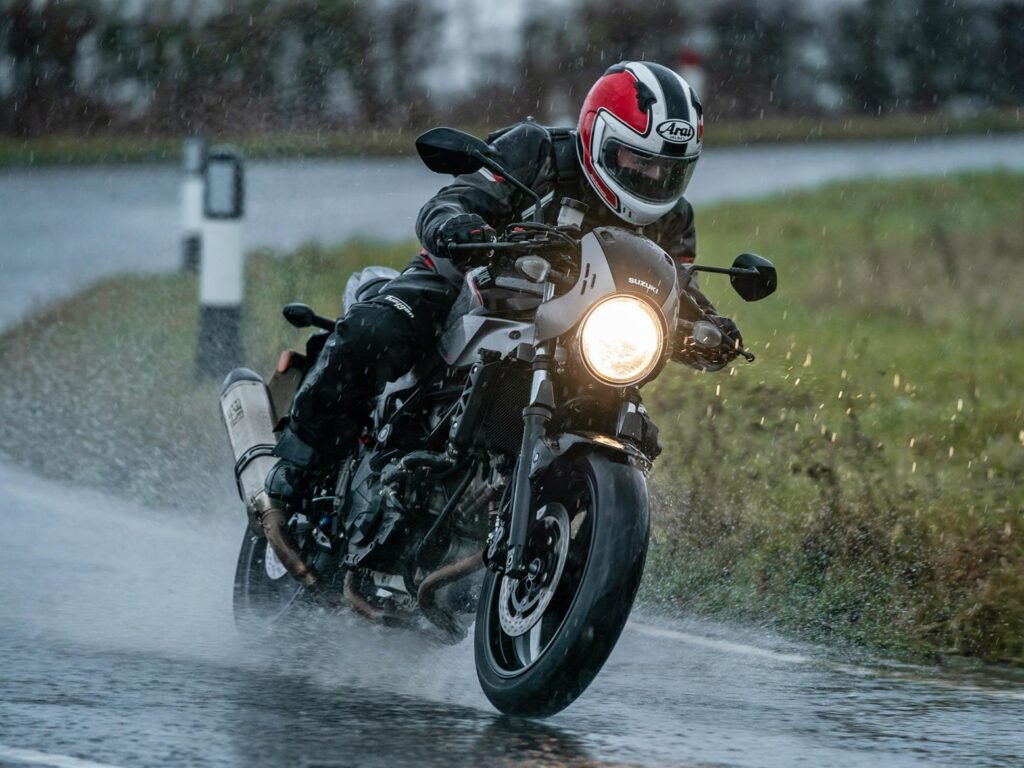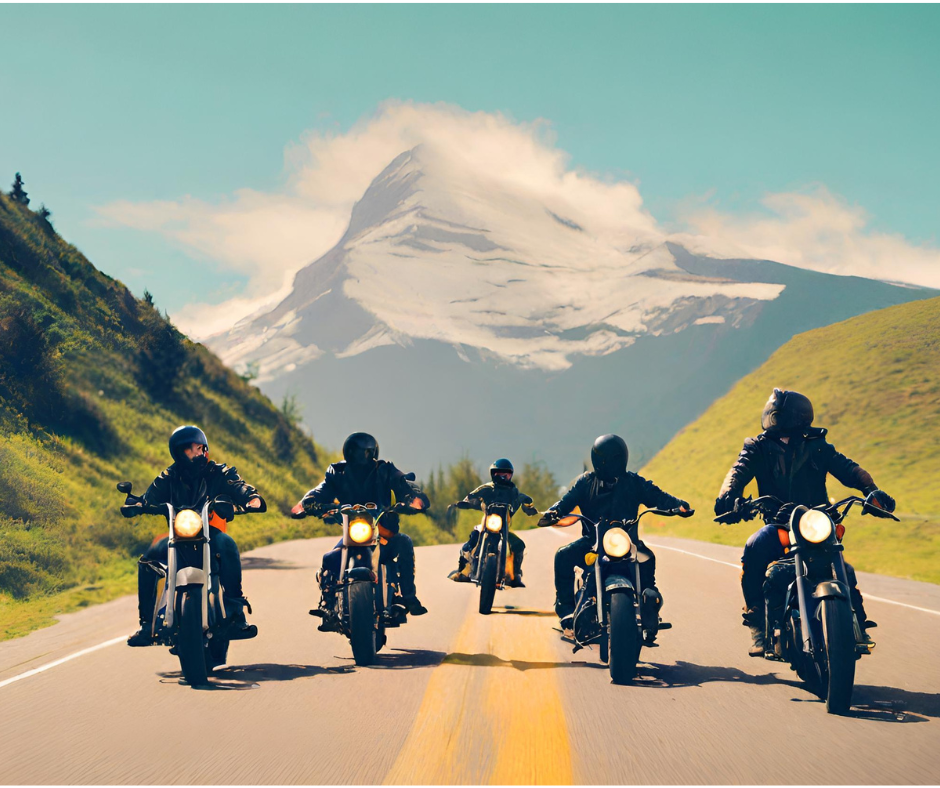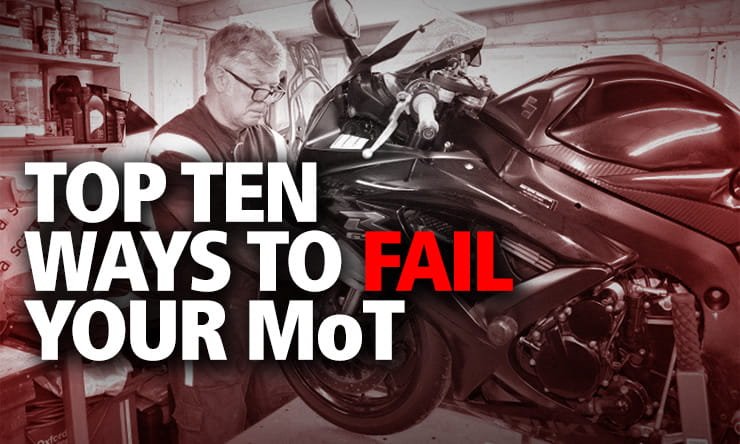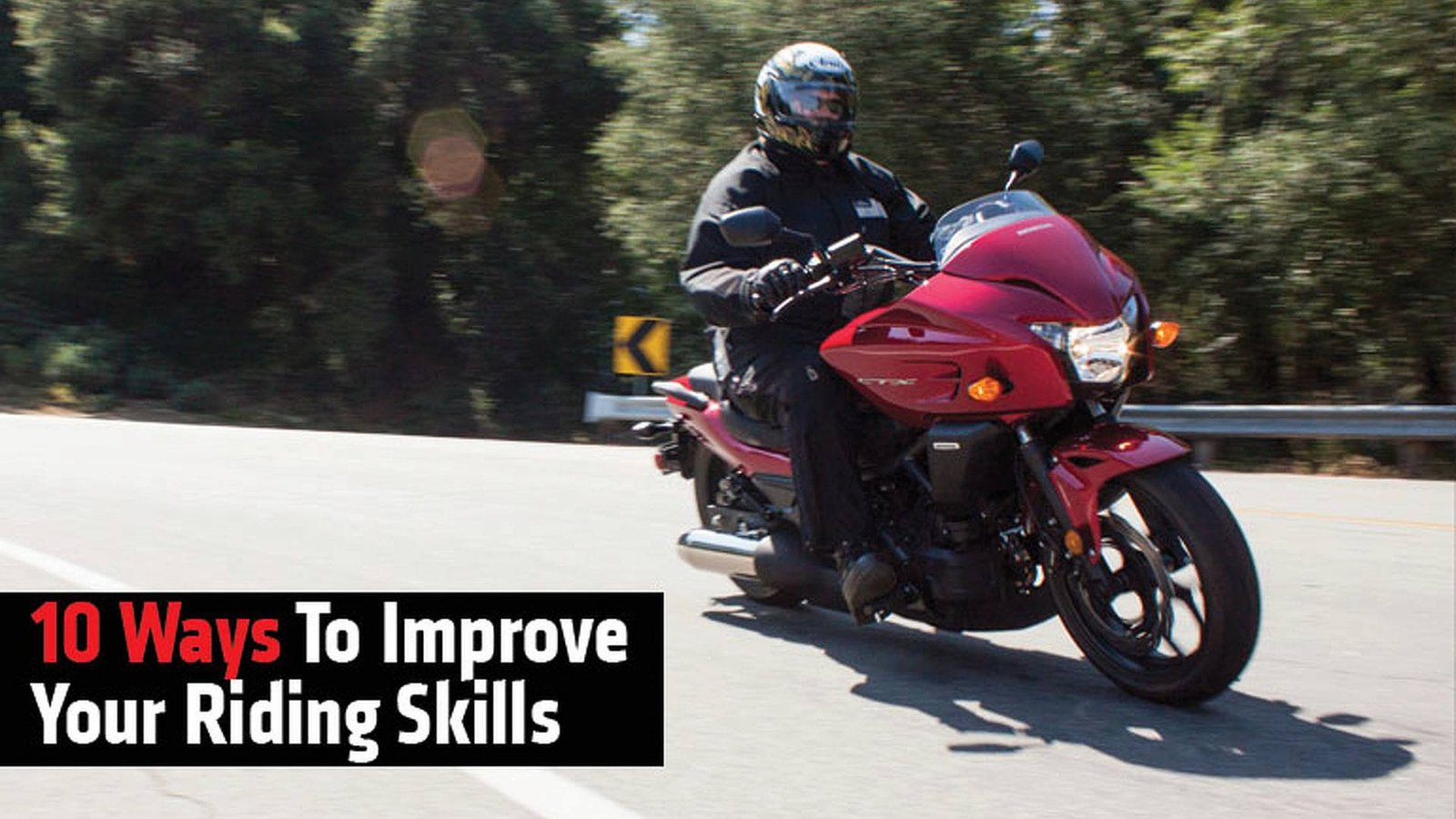Getting a motorcycle at 16 can be an exciting idea. It offers a sense of freedom and adventure that many young people crave. Thinking carefully about the responsibilities and safety involved is crucial before you make this decision.
Before making a choice, consider your experience and skill level. Learning to ride a motorcycle requires practice and focus. Ensure you are ready to handle the challenges that come with riding safely on the road.
You should also check local laws regarding motorcycle licenses for 16-year-olds. Some places have specific requirements. Understanding these rules can help you make an informed decision about whether owning a motorcycle is right for you at this age.

Table of Contents
Assessing Legal Requirements and Restrictions
Before buying a motorcycle at 16, it is important to know the legal rules that apply. This includes age regulations, licensing details, insurance needs, and safety laws. Understanding these can help you make informed decisions.
State Age Regulations and Licensing
Each state has its own age regulations for getting a motorcycle license. Most states allow you to apply for a learner’s permit at 15 or 16.
- Learner’s Permit: This usually requires passing a written test.
- Full License: After a certain period of holding the permit, you may take a riding test to get a full license.
It’s crucial to check your state’s Department of Motor Vehicles (DMV) website for specific details. Some states require you to complete a motorcycle safety course before getting your license, which can be beneficial for learning safe riding practices.
Insurance Considerations for Young Riders
Insurance is an important aspect when owning a motorcycle, especially for young riders. As a 16-year-old, your options may vary.
- Higher Premiums: Insurance may cost more due to your age. Companies view younger riders as higher risk.
- Discounts Available: Completing a safety course or being a good student may help lower your insurance costs.
Always shop around for the best rates. Get quotes from different companies and look for any additional discounts you might qualify for as a young rider.
Safety Laws and Gear Requirements
Safety laws vary by state, but many require specific gear. It is essential to follow these laws to stay safe and legal.
- Helmet Use: Most states mandate wearing a helmet. Look for DOT-approved helmets for safety.
- Protective Gear: Some states recommend or require additional gear. This can include jackets, gloves, and boots designed for riding.
Check local regulations for specific gear requirements. Wearing protective gear can greatly reduce the risk of injury in case of an accident. Always prioritize safety when riding a motorcycle.
Risks and Responsibilities
Choosing to ride a motorcycle at 16 comes with important risks and responsibilities. You need to be aware of the skills required and the safety statistics to make an informed decision.
Motorcycle Riding Skills and Experience
Riding a motorcycle requires specific skills that you must learn. Control of the bike, balance, and understanding how to handle different road conditions are vital.
You should consider taking a motorcycle safety course. These courses teach you how to ride safely and develop crucial skills.
Many young riders might feel confident at first. Yet, experience matters a lot in real riding situations.
Practice can boost your abilities. Start in safe places and gradually ride on busier roads.
Road Safety and Accident Statistics
Motorcycle riding has higher risks than driving a car. Statistics show that motorcyclists are more likely to be involved in serious accidents.
In 2022, motorcyclists were 28 times more likely to die in a crash compared to car drivers. Factors include lack of protection and visibility issues. Wearing a helmet and protective gear significantly reduces injury risks.
Awareness of your surroundings is crucial. Stay alert for other vehicles and road hazards.
Understand that many accidents happen due to lack of experience. Driving responsibly can improve your safety on the road.
Choosing the Right Motorcycle
When selecting the right motorcycle, it’s important to consider the size, power, and whether to choose new or used. These factors can impact how safe and enjoyable your riding experience will be.
Evaluating Bike Size and Power for Beginners
As a beginner, you should focus on motorcycles that are manageable in size and power. A bike with an engine size of 250cc to 500cc is a good starting point. These bikes are lighter and easier to handle, making them great for learning.
It’s crucial to consider your height and weight too. Make sure you can comfortably reach the ground with both feet. This will help you feel more stable while riding.
A less powerful bike will give you more control. Powerful bikes can be intimidating and harder to manage. Don’t rush into a high-performance bike; take your time to find the right fit for you.
New vs. Used Motorcycles: Pros and Cons
Deciding between a new and a used motorcycle also impacts your choice. New motorcycles often come with warranties and the latest features. They may offer better reliability and lower maintenance costs at first.
On the other hand, used motorcycles can be more affordable. You can often find good deals on well-maintained bikes. However, they may require more maintenance over time and may not have a warranty.
Make a list of what features are most important to you. Consider your budget and how much you’re willing to spend on repairs if you go for a used bike. Each choice has its advantages and disadvantages that matter to your riding experience.
Bottom Line
Getting a motorcycle at 16 offers freedom and adventure, but requires careful consideration of responsibilities and safety. Before deciding, assess your riding experience, check local laws for licensing, and understand insurance costs. Prioritize safety by wearing the appropriate gear and taking a motorcycle safety course to develop essential skills.
Choose a manageable motorcycle that suits your experience, considering whether a new or used bike is right for you. By understanding these factors and committing to responsible riding, you can make an informed decision about whether owning a motorcycle at 16 is suitable for you.




Leave a Reply